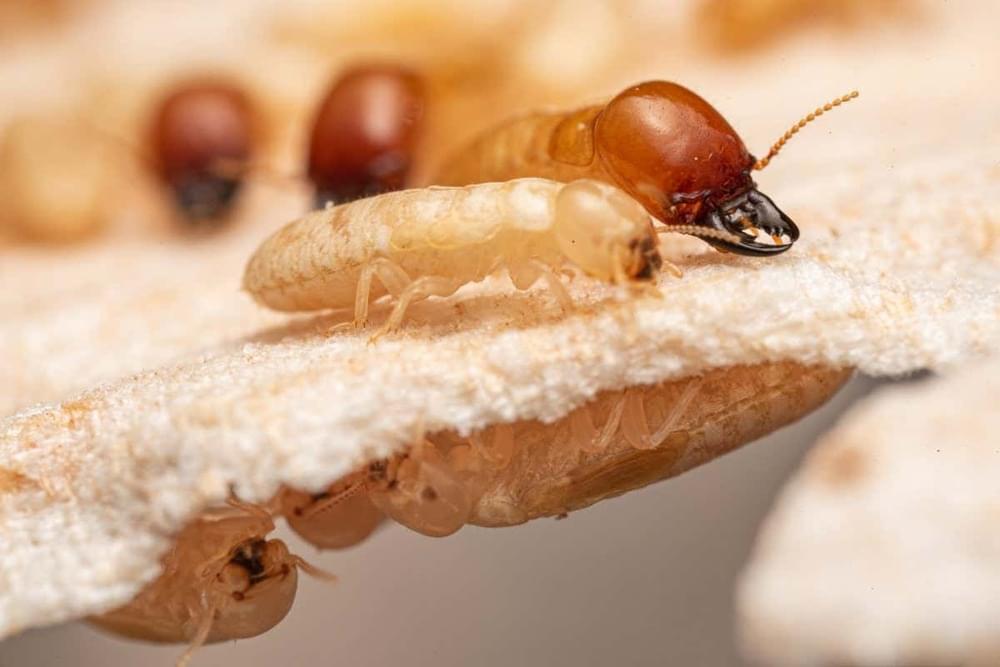https://www.kickstarter.com/projects/2125914059/revopoint-mi…m-precison Designers, architects, engineers, we’re all collectively known as creators. The Revopoint MINI handheld 3D scanner just amplifies our creating (or rather re-creating) abilities. Designed to be about the same size as a podcasting microphone (with the tripod and all), Revopoint MINI is an industrial-grade handheld 3D scanner with a staggering precision of 0.02mm. It uses a Class 1 Blue Light that lends it its high accuracy, while still allowing it to be safe on the skin. Just hold it against the object you want to scan and wave it around and like magic, the Revopoint MINI gives you a high-accuracy 3D model, complete with tolerances, textures, and even color information. This makes it perfect for a wide degree of applications, from 3D modeling and animation to medical design, automotive design, jewelry design, even archaeology.








